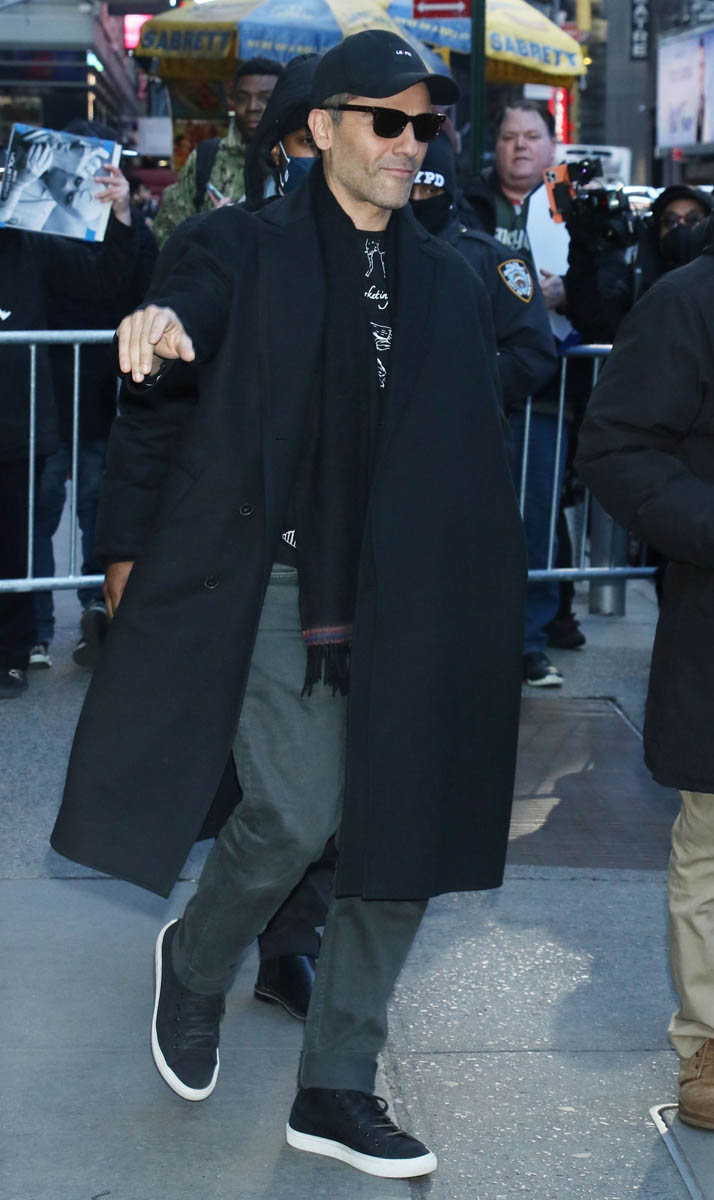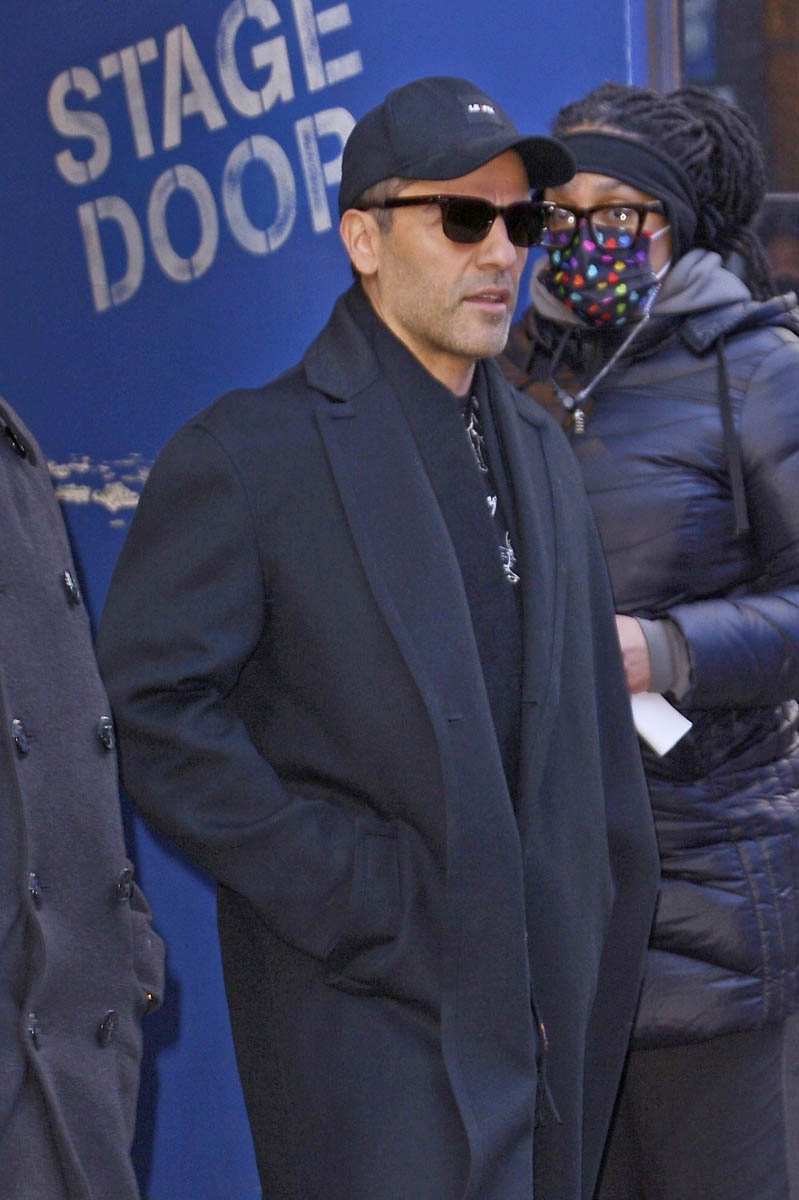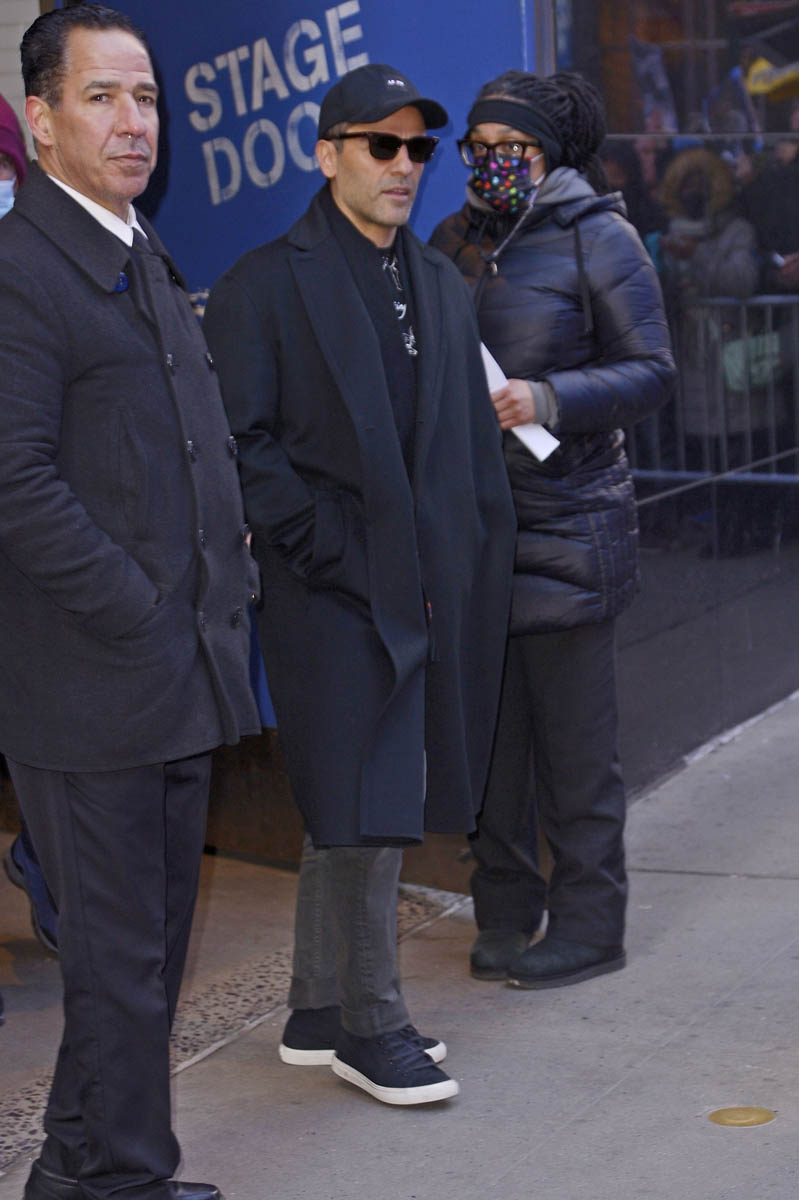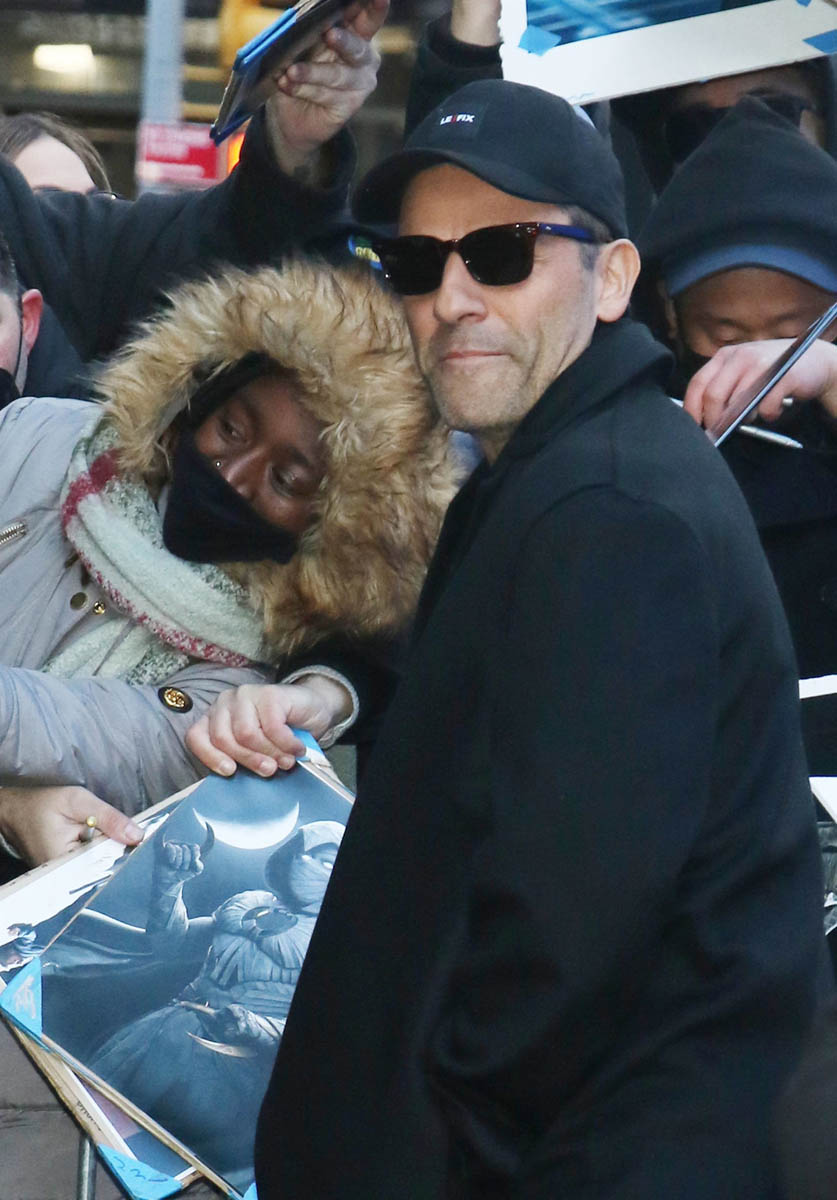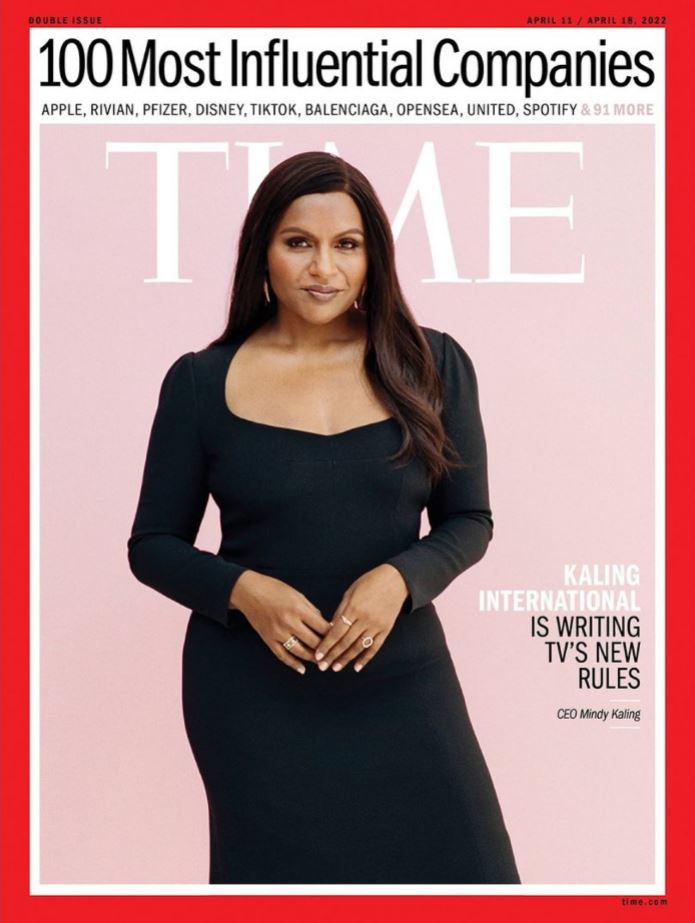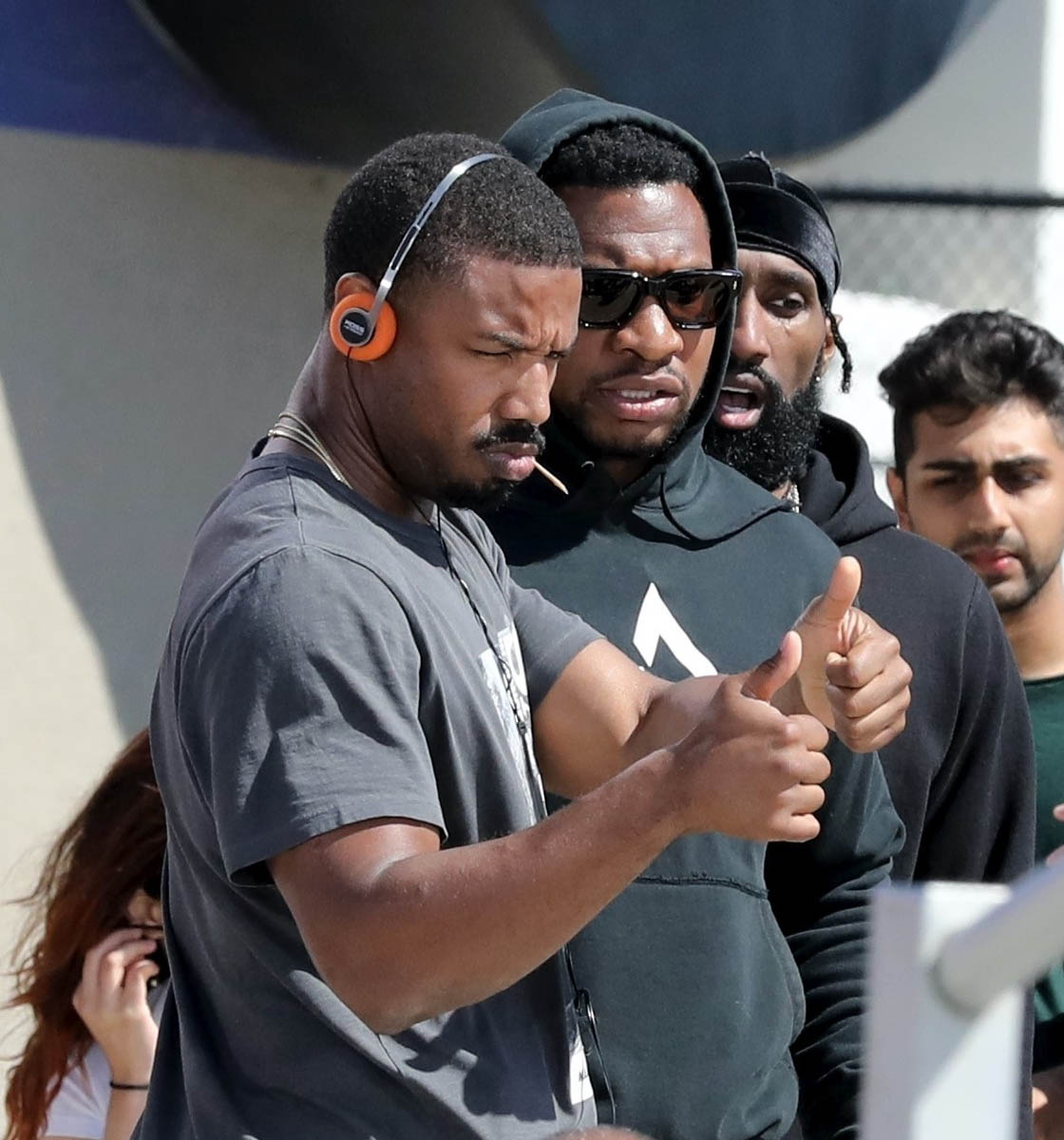Oscar Isaac and Ethan Hawke in Moon Knight


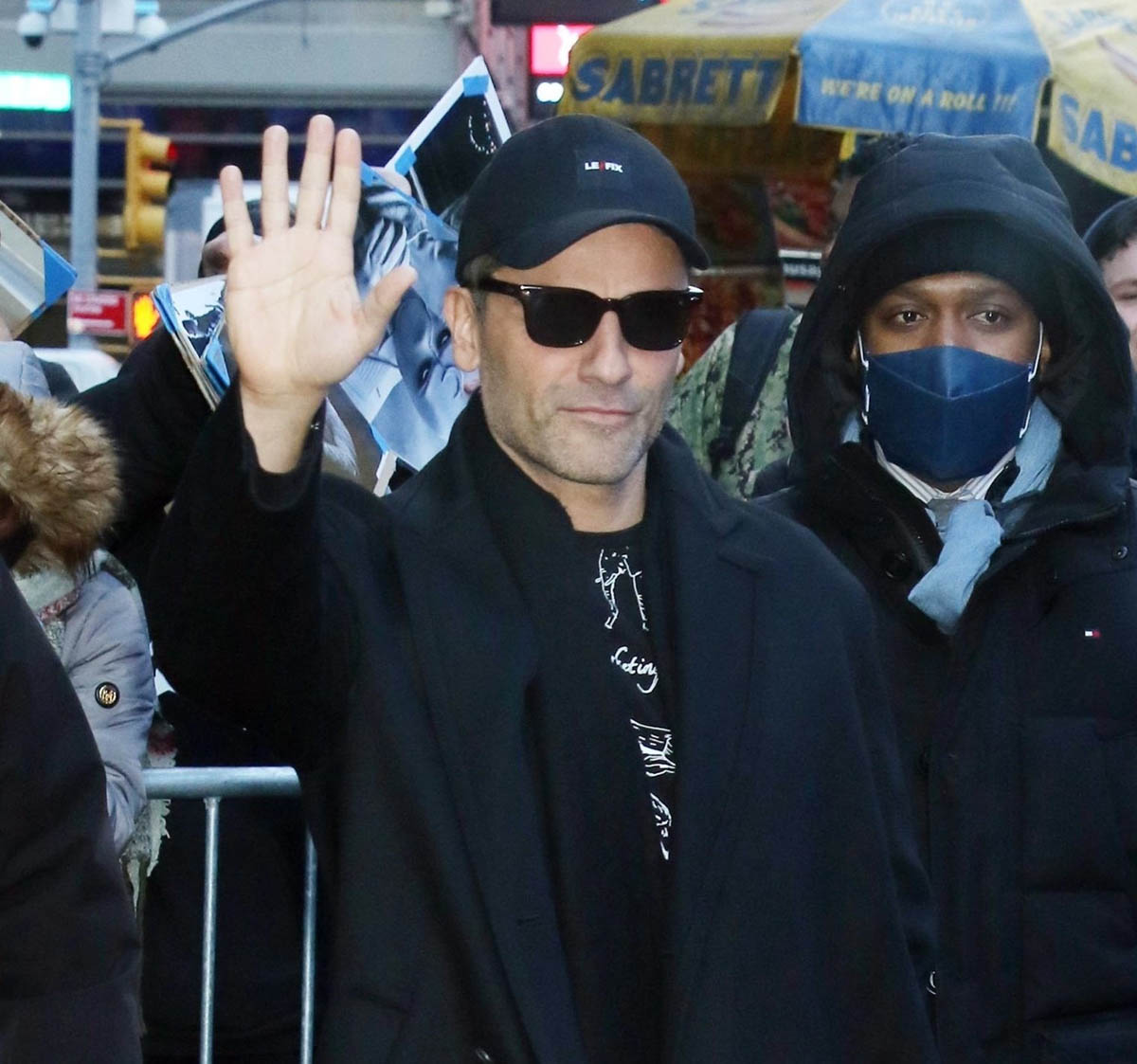
Somewhere in Moon Knight is a great two-hour movie. An action movie with psychological thriller trappings, dressed up in a superhero’s cape, that two-hour movie zips by, quick and fun and just different enough to feel fresh. In reality, though, Moon Knight is a six-hour television series starring Oscar Isaac as Steven Grant Rogers, a downtrodden Englishman with a crap job and a fabulous flat in central London. He works the gift shop counter at the British Museum by day and at night he chains himself to the bed because he has a sleep disorder that means he sleepwalks so drastically he often comes to miles away from home (this is real and Mike Birbiglia made a great movie about it). Pay attention to reflective surfaces, though, because Oscar Isaac also plays Marc Spector, an American mercenary saddled with a bumbling Englishman as his other half. Marc just wants to keep a beetle away from a cult leader, and this other guy keeps ruining his bad times in Eastern Europe. Does that sound confusing? It’s actually not.
One of the highlights of Moon Knight is how the show approaches Marc and Steven and their mutual mental illness, Dissociative Identity Disorder. They are two people in one body, and what Steven thinks is a sleep disorder is actually Marc being the dominant personality. The early episodes stretch this concept to the breaking point, but Isaac does a brilliant job portraying both Steven and Marc. The accents are the most obvious tell, but when he’s playing Steven, you entirely forget Isaac got into superhero shape to also embody Marc, a former special forces soldier. He looks like he’s having a LOT of fun playing different people with the same face (there are hints of a third, even more dangerous personality locked somewhere in Steven and Marc’s mind). And the show is careful with the notion of mental illness and superheroism, never suggesting Marc/Steven is a superhero because of his disorder, but also never saying that his illness limits him. It’s a fine line to walk, but Moon Knight pulls it off.
The multiple personalities also allow for some creative filmmaking—the series is directed by Mohamed Diab and Justin Benson & Aaron Moorhead—especially in fight scenes. Is Moon Knight more violent than the other Disney-Marvel shows? No. But it gets around graphic violence in creative ways, at least in the first few episodes. The action picks up once Steven clues into Marc’s midnight activities and his role as “the fist of Khonshu”, the human avatar of the ancient Egyptian moon god, Khonshu. The concept of gods in the MCU has been very loosey-goosey to date, with Norse mythology palmed off as aliens that Vikings worshipped as gods and the Greco-Roman pantheon turned out to be the Eternals, who are space robots (although Zeus is coming to Thor: Love and Thunder).
But now the MCU is going full-interdimensional being and Khonshu is an actual god, a being of immense power that crosses physical and metaphysical planes. He appears to Marc as a giant creepy bipedal bird skeleton wrapped in mummy cloths, which is AWESOME. Khonshu is EASILY one of the coolest looking things Marvel has ever put on screen. And he sounds like F. Murray Abraham having a great time, because he is voiced by F. Murray Abraham, who is having a great time. Every time Khonshu shows up, Moon Knight perks up. He has given Marc a supersuit and superpowers, which transfer to Steven when he’s the dominant personality. But the two men being different people, they perceive themselves as “Moon Knight” differently. Marc looks cool in a white cloak and cowl beating people up, while Steven goes for an all-white bespoke suit and the less violent “Mr. Knight” persona.
Moon Knight manages its Egyptian lore carefully, never overwhelming scenes with impenetrable bricks of exposition, but there is a still a lot of table setting to be done, as this is new territory for the MCU, and also most people aren’t familiar with the Egyptian pantheon and the multiple facets each god presents. But if you ARE familiar with the Egyptian pantheon, Moon Knight does a great job building up Marc and Steven as representatives of different facets of Khonshu. Much less interesting is Ethan Hawke as the villain, Dr. Arthur Harrow. His performance is quite good, it’s just that Harrow is a pretty basic villain, even for a guy who is the avatar of the Egyptian crocodile goddess Ammit, the personification of divine retribution. Sounds cool, right? She is! But the most memorable thing about Harrow as a character unto himself is that he wears mandals.
If you’re an MCU diehard or super into Egyptian mythology, stick with Moon Knight because once it gets there, it GETS THERE. But first, it is slow, and ponderous, and only strange in fits and starts, at least until the back half of the series when it commits to the surrealism inherent in its premise. But first, there is moodiness and uncertainty and a slow—SLOW—exploration of the self that takes an unnecessarily long time to come to the point. Moon Knight is a slow burn, emphasis on “slow”, and even when it gets where it’s going, it might not be for everyone because it is steeped deep in Egyptian mythology, and a lot of the foreshadowing is going to pass by the uninitiated as mere set dressing. But if you’re an uber mythology nerd or, like, a witch, this is the show for you.
Moon Knight is now streaming on Disney+, with new episodes arriving every Wednesday.
Attached - Oscar Isaac at Good Morning America yesterday in New York.

